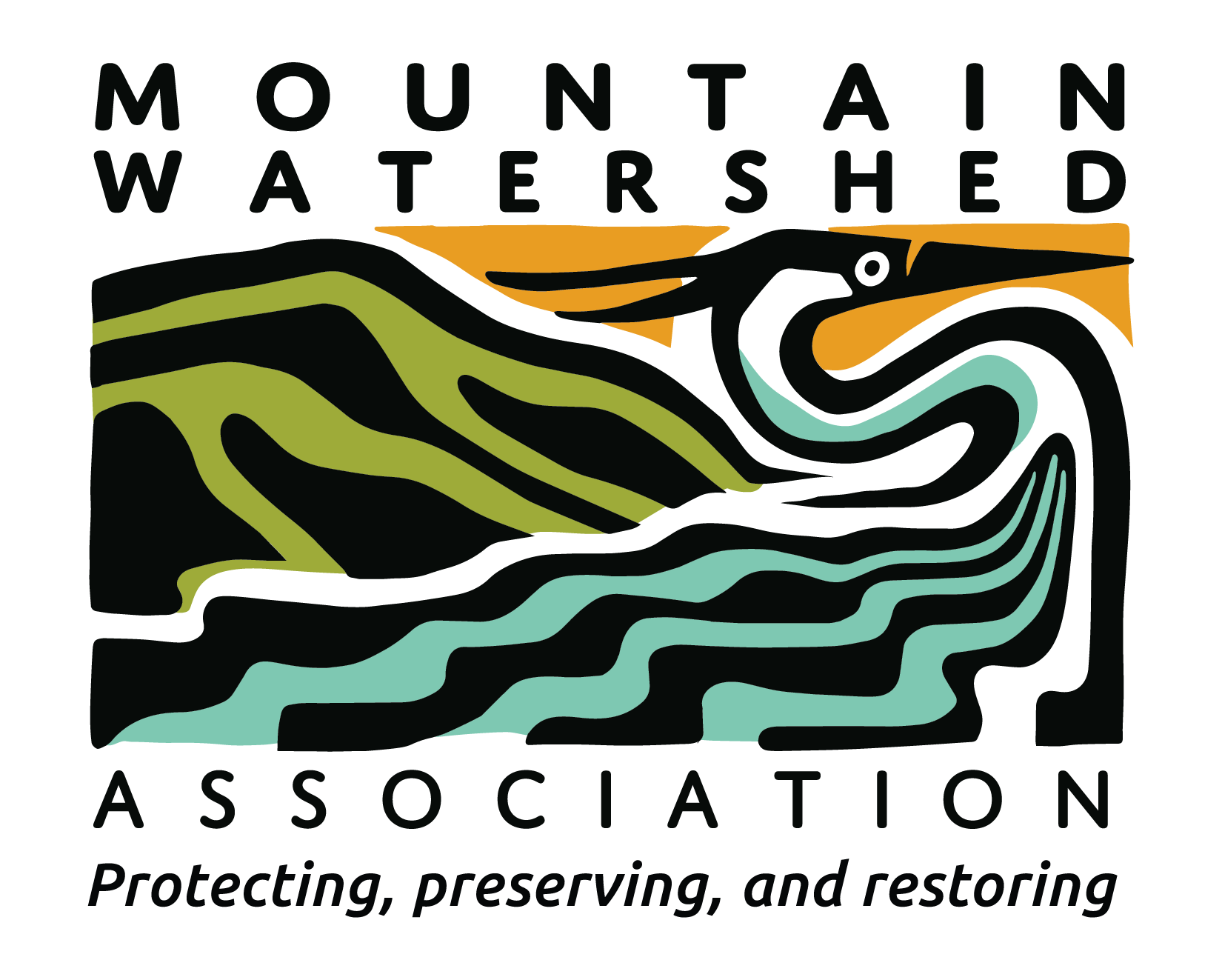Recently, the Pennsylvania Senate passed SB 597, the “Water Quality Accountability Act’. If signed into law, it would raise the cost of operations for public water authorities by implementing burdensome reporting and compliance requirements that many feel are non-essential.
Under SB 597, municipal water and wastewater operations will be prohibited from receiving state and federal funding if their systems are out of compliance with the conditions of the bill. Those funds are often used to update infrastructure needed for long term upgrades and emergency fixes, in turn bringing the system into or closer to compliance. Without access to essential funding, public water and wastewater authorities may feel pressured to sell out to larger private utilities, which could have damaging repercussions for communities and their water utilities.
The privatization of public water and wastewater utilities is a highly fraught issue which creates an array of impacts such as water bills that are, on average, 59 percent higher than those for public utilities. Private companies often entice chronically-underfunded local governments to sell their water utilities for one-time payments of millions of dollars. That money could then be used to offset the costs of infrastructure like schools and roads. However, municipalities are finding that, over the long term, the cost of losing its utility can exceed the one-time payment several times over.
Currently, there are federal and state funding sources available for upgrades to publicly owned wastewater and drinking water systems. Private operations who won’t qualify for infrastructure funds will stick to rate increases to pay for system upgrades. At the same time, privatization means that local government officials and residents lose decision-making power for source water protection, conservation measures, and system upgrade proposals.
One large private utlitiy, PA American Water, provides history on their acquisition efforts on their website. PAM operates the Mckeesport Wastewater Facility, which it acquired in 2017 from the Municipal Authority of Mckeesport. The facility monitoring report shows that they have received violations 10 out of the 12 most recent quarters, and their most recent violation was for exceeding their effluent limits for fecal coliform by 1314%.
For decades, communities in Pennsylvania have struggled with water quality issues caused by polluting industries such as coal and natural gas, yet these issues have received lackluster attention from the same state legislators who are promoting SB597. So, is the “Water Accountability Act” simply a paid off ploy to force our precious water supplies into greedy privatization? We think the writing is on the wall.
District 32 Senator Pat Stefano – who serves Fayette, Somerset, and part of Westmoreland Counties – is the primary sponsor of SB 597. Stefano also has a hefty line up of private water utility interests within his top donors list. These include Aqua Water and the Joe Scarnati Campaign Committee, which represents former PA State Senator Joe Scarnati, who is now a partner of Allegheny Strategy Partners which lobbies for Aqua America, according to Department of State records. Simply put, follow the money.
The House Environmental Resources and Energy Committee is slated to vote on the bill on September 12, just a week later the bill would be considered on the house floor with a vote anticipated on September 19. At this point, Governor Wolf is opposed, but we have not heard word of any sort of veto on this proposition.
Today, we call on Pennsylvanias to join Mountain Watershed in demanding representation by urging our State Representatives to ‘vote No SB 597’. The last thing we need is for more private corporate interests to profit off of communities and the natural resources they depend upon, especially while we carry the load of historic inflation, more threats to clean water, and the sad state of politics in which our elected officials represent their donors over their constituents.

